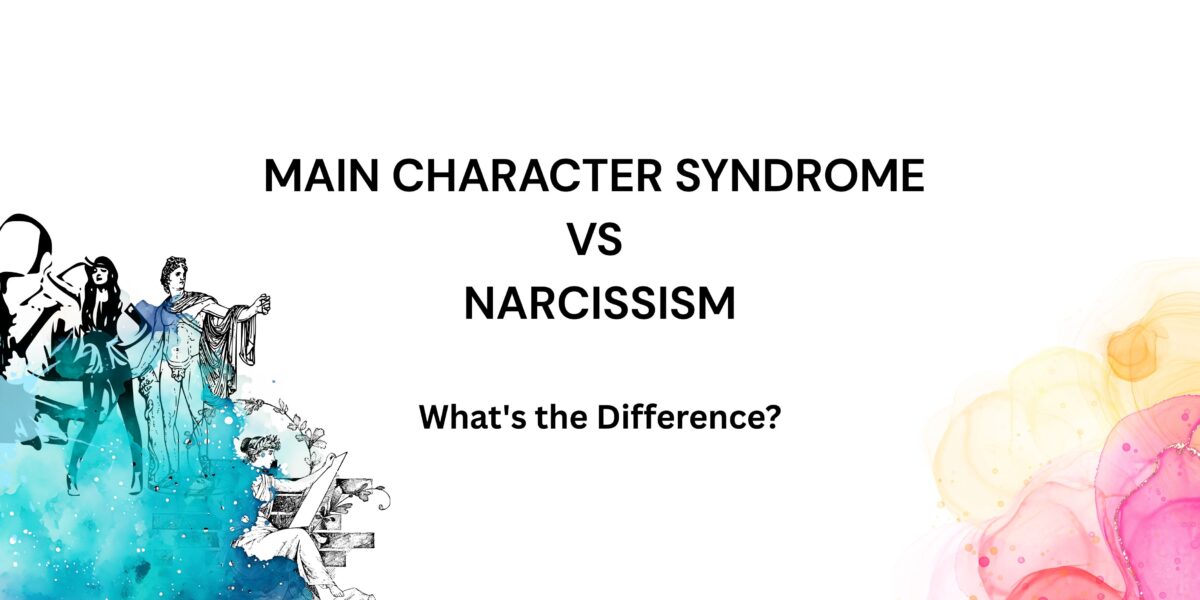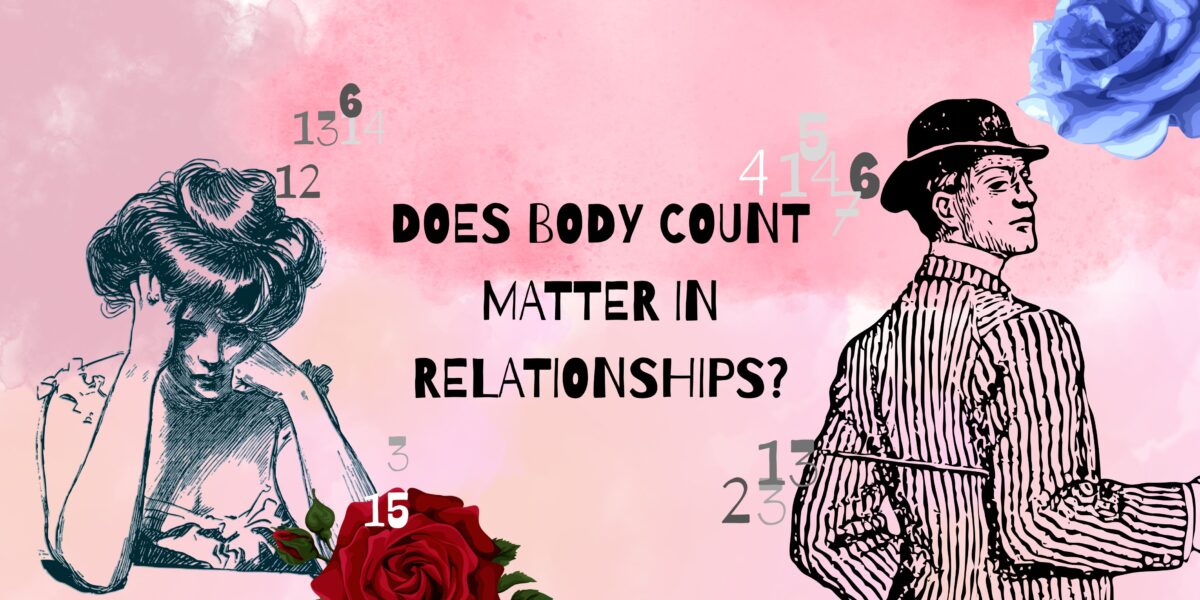In the digital age, it is likely that many concepts around self-expression and empowerment could be compared to narcissism. The main character syndrome is one such concept. Despite being associated with social media content creators, the main character syndrome can also be found in people in all walks of life. Imagine a person using their […]










